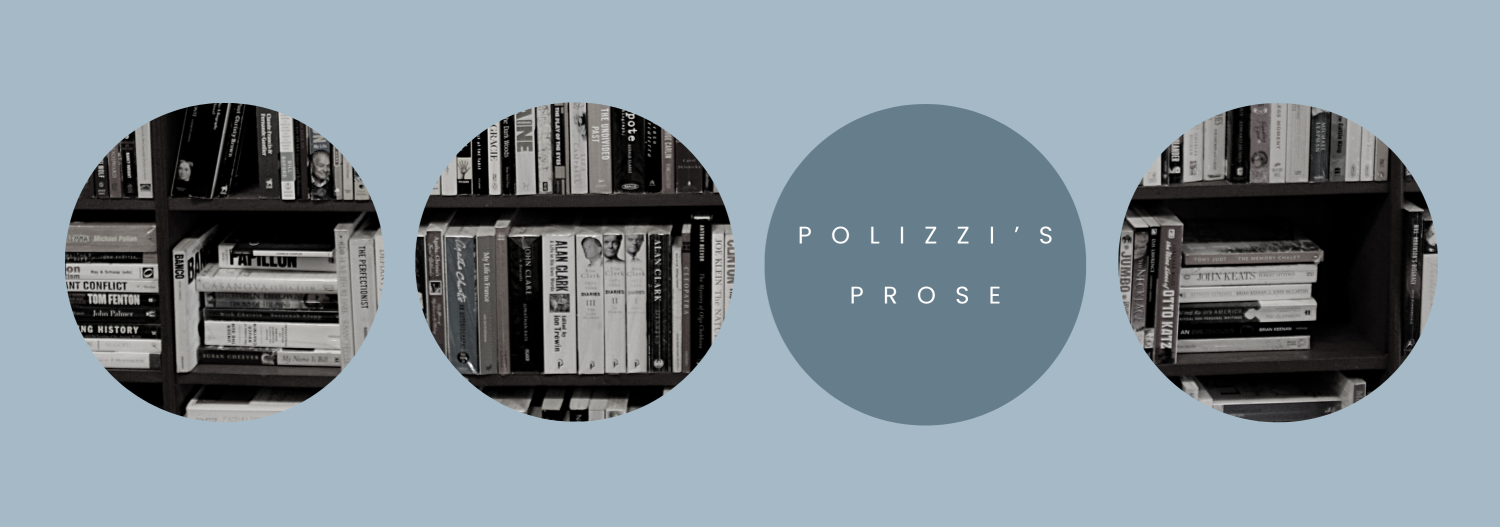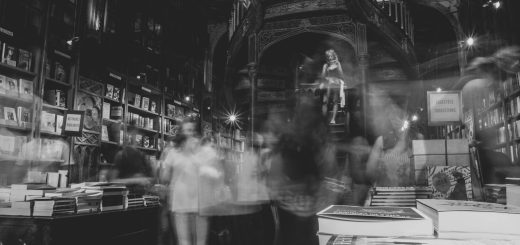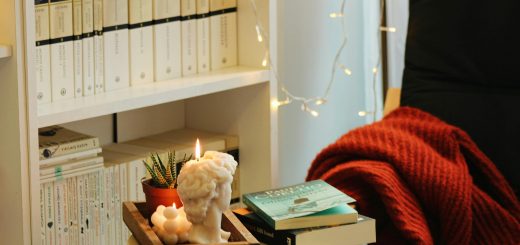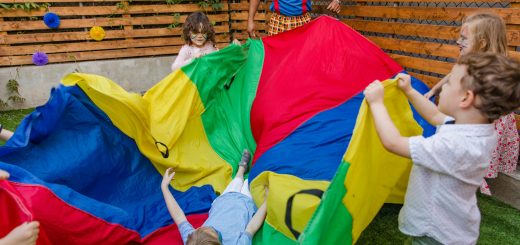From Book Warehouses to Storytelling Spaces
The Power of Stories – Reflection
Module 10
There are many ways in this world that we are able to capture humanity – books, music, film, podcasts, social media – but nothing captures it quite like an actual, face to face human experience. The Human Library movement and other story-capturing initiatives make a concerted effort to bring humanity and empathy into the library through personal storytelling. Storytelling and community engagement once more prove that libraries are a hub for participatory services.
When exploring the various resources in Module 10 – The Power of Stories, I was consistently reminded of Tolkien’s quote from The Hobbit: “The world isn’t in your books and maps, it’s out there.” Books and maps are certainly part of library culture, but it’s our world and our community – the “out there” – where we tend to find the most fulfillment. Indeed, Wentz (2013) found that The Human Library “fulfills an unmet need” among library patrons. Libraries that connect their patrons to the “out there” are the ones that succeed with innovation, community alliances, and meaningful opportunities. Moreover, libraries that connect and uplift disadvantaged communities pave the way for social justice and advocacy. The implementation of storytelling through Human Libraries, online story collections (i.e. StoryCorp), and other live storytelling events allows libraries to shift from “cultural competence” to “cultural humility” (Edmond, 2021). See image below.
Cultural humility goes a step beyond competence (and many steps beyond tolerance) to foster empathy, curiosity, ongoing learning, and reflection (Edmond, 2021). Human Library and storytelling events allow librarians and library patrons to be vulnerable and curious with people in our communities.
I couldn’t help but gather an array of quotes from Module 10 because each one echoed the same idea: storytelling opens our eyes, minds, and hearts to a world beyond our own understanding, biases, and preconceptions.
Regarding The Human Library specifically…
- Human Library experiences help people “get beyond assumptions and stereotypes” (Ray, 2019).
- In an effort to understand the impact of Human Library experiences, Aarne-Skidmore (2021) found that engaging in this sort of opportunity “help[s] readers understand a broader scope of diversity and recognize that inclusion is more than acceptance – it requires action.” This allows “readers” to build empathy, reflect on bias, and confront their own behaviors.
Regarding other storytelling opportunities…
- StoryCorp was recognized by Stephens (2019) as beneficial for amplifying non-mainstream culture: “What StoryCorps does so well is capture the stories of people of color, LGBTQ folks, and the disabled that often don’t make it into mainstream media. That’s a role for libraries” (p. 93).
- Stephens (2020) explains that podcasts and recorded storytelling “remind[s] listeners of their shared humanity.”
Regarding libraries as empathetic, compassionate, and human-centered spaces…
- In an interview about the relevance of public libraries with Paxaman (2019), Stephens stated that “libraries can push back against fear with the power of free information and a space that says no matter who you are, you are welcome.”
- In a Zoom presentation with Yarra Libraries and Library 2.0 (2020), Yarra Librarians discussed their efforts to welcome library patrons with Autism Spectrum Disorder (ASD). They implemented all sorts of neat tools at their Sensitive Story Time events, including sensory aids, visual timers, communication boards, and sensory kits (all of which benefit ALL children, not just those with ASD). At community events, they offer “chill out” spaces for kids and adults alike. They also offered a Sensitive Santa experience, geared toward children who struggle with the traditional “mall Santa” photograph experience. The Yarra Librarians are champions of the notion that libraries improve self-esteem and confidence!
Libraries have transformed well beyond their “book warehouse” stereotype. Libraries are community hubs where learning, connection, play, and magic happen. Storytelling is but one facet of the library magic, but it is perhaps the most fulfilling and barrier-breaking thing libraries can offer.

AI generated image from Pixabay
Resources & Inspiration:
Items with a “✔” are directly referenced in my blog post; others served as inspiration and guidance!
- Aarne-Skidmore, E. (2021). New Study on the Impact of the Human Library. ✔
- Eberhart, G. M. (2018). Sharing People’s Stories: StoryCorp Partners With Public Libraries.
- Edmond, N. (2021). Cultural competence and cultural humility venn diagram [Image]. University of Oregon. https://inclusion.uoregon.edu/distinguishing-cultural-humility-cultural-competence ✔
- Library 2.0. (2020, March 11). The power of stories [Video]. YouTube. https://www.youtube.com/watch?v=dvZlTRTVX10 ✔
- Mairn, C & Terrana, J. (2022). A Library’s Listening Lab.
- Paxaman, M. (2019). Challenged but not dying, the public libraries are more relevant than ever. ✔
- Ray, M. (2019). Courageous Conversations at the Human Library ✔
- Stephens, M. (2019). Office Hours: With a Little Twist
- Stephens, M. (2019). “Telling Stories” in Wholehearted Librarianship, p. 91 ✔
- Stephens, M. (2020). Office Hours: Narrative Inquiry
- Stephens, M. (2020). Office Hours: The Power of Stories (Part 2) ✔
- Tolkien, J. R. R. (2012). The Hobbit. HarperCollins. ✔
- Wentz, E. (2013). The Human Library: Sharing the Community with Itself ✔




@savannahpolizzi So good! and ✔✔✔ ❤️.
I so appreciate the picture you paint of the library as a story telling space in every possible way that that could take place: storytime, the human library, and anything else in between.